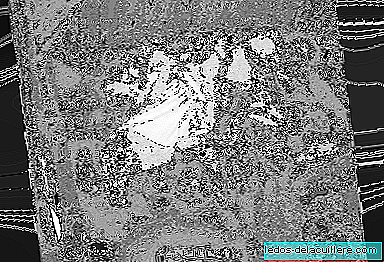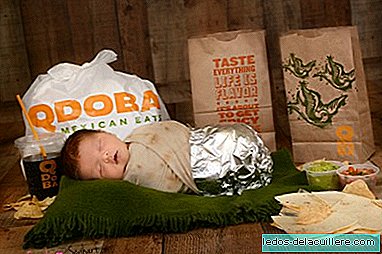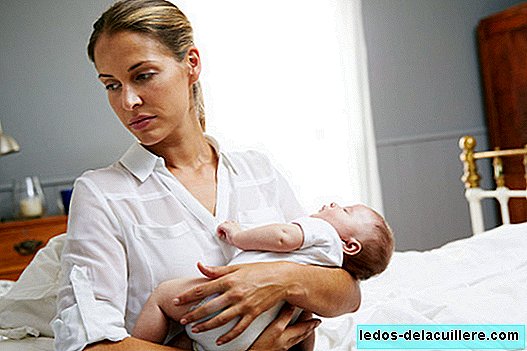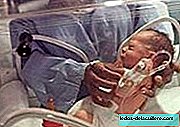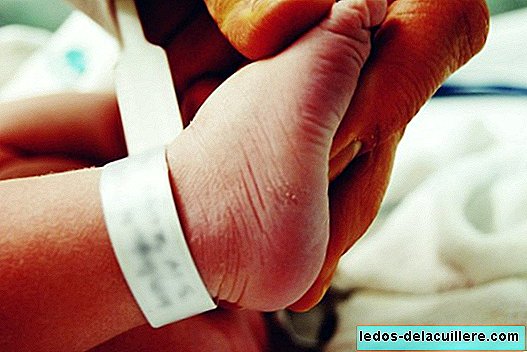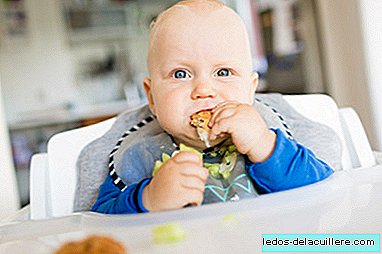
We share with the bacteria the food we eat and help us to kill it. In fact, ten percent of the energy we get from food is thanks to microbial action.
But also, they influence the development of our immune and nervous system since we were born.
Now, a Spanish investigation by CIBERESP and FISABIO has shown that The child's environment (including feeding) is very important for the baby during its early stages of development and for the bacteria in its intestinal microbiota.
Bacteria, one more organ
The community of 'good' bacteria that lodge the digestive tract is called the intestinal microbiota. The human intestine contains about 100 billion bacteria of about 500 to 1000 different species.
In recent years, studies have shown that the function of the intestine not only depends on itself (mucosal barrier, secretion through its glands ...) but that the intestinal microbiota acts as an organ. Hence its importance.
 In Babies and more Intestinal flora is so important for health that it is already performed until stool transplants
In Babies and more Intestinal flora is so important for health that it is already performed until stool transplantsA new investigation of the Foundation for the Promotion of Health and Biomedical Research of the Valencian Community (FISABIO), the Institute of Integrative Systems Biology of the University of Valencia and the Biomedical Research Consortium in Epidemiology and Public Health Network (CIBERESP ) has described, with an unknown level of detail so far, how the metabolism of the intestinal bacterial community works during the first years of life.
María José Gosalbes, CIBERESP researcher at FISABIO and first author of the study explains:
"We have explored how the environment influences the gene expression of the baby's gut bacteria community, particularly the type of diet (which changes dramatically during the first year of life primarily with the introduction of solid food)."
And he adds that:
“It is not the same for the gut bacteria to feed on the carbohydrates of the cereals of a porridge than of human breast milk. In one case and another, the biochemical pathways of metabolism are different and that requires the expression of different genes. ”
An exhaustive study
Researchers have examined the bacterial genes that are part of the baby's intestinal microbiota from fecal samples obtained in the first year of life: at 7 days after birth and at 3, 7 and 12 months of age.
They also performed the analysis of samples from mothers obtained one week before delivery and one year later.
According to the researchers, the most surprising finding of the study, are the signs of activity of bacteria that produce butyrate in the baby's intestine before introducing the solid diet.
This fatty acid, with anti-inflammatory properties, serves as food for the cells of the intestinal wall and is of recognized importance for health in adults, but until now it was thought that it was not so relevant in babies.
The funny thing, they explain, is that In adults, bacteria synthesize butyrate from fiber and other complex carbohydrates ingested in the diet that are not found in breast milk.
The researchers suggest that further study should be carried out to discover what substrates bacteria are using to produce butyrate in infants and if this compound has the same functions in infants and adults.
Photos | iStock


